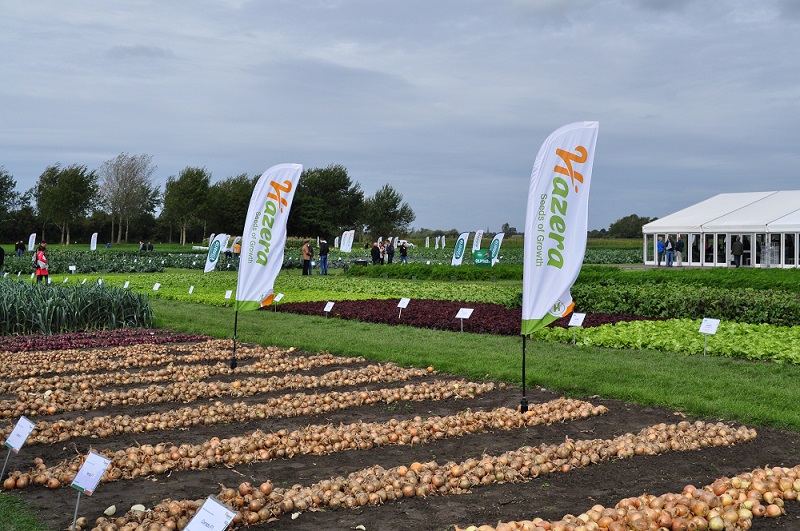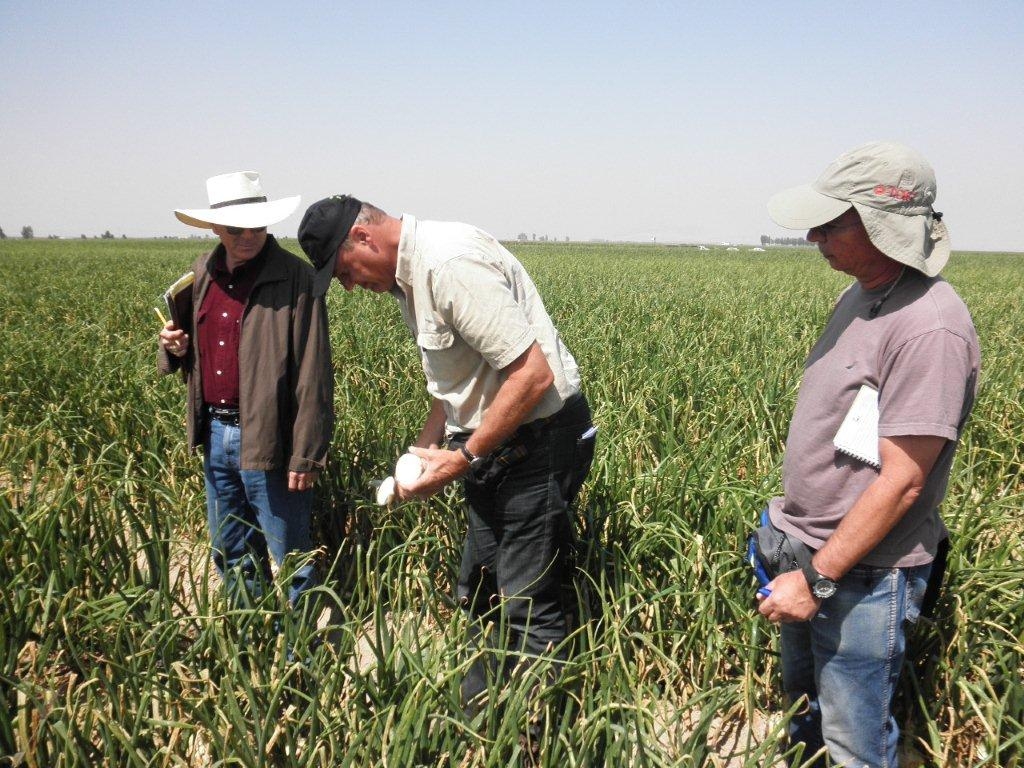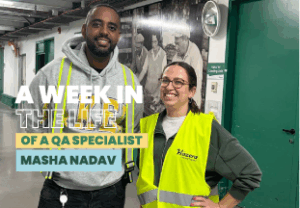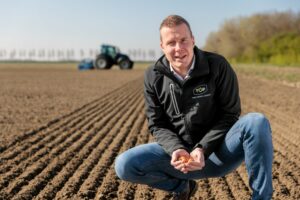At Hazera, we value the people who have helped shape our company over the years. In this Heritage Edition, we’re reconnecting with colleagues who may have left the workplace, but whose contributions are still part of our story. Today, we speak with Wim van der Heijden, retired breeder and product development specialist from Kaatsheuvel (NL). Wim played a key role in the development of important crops and helped build the foundation that still supports our work today, a great example of what it means to grow together.
Wim, father of two daughters and grandfather of four grandchildren, worked at Hazera for nearly 40 years before retiring in 2019. After studying at the Higher Agricultural College, he started in 1981 as an assistant breeder in Stompwijk. There, he worked on bush beans, parsley, and other legumes. After about five years, he was transferred to the Tuitjenhorn location, where he spent another five years working as a breeder for radish, and later also for red beet and carrots.
“You can hardly imagine it now,” Wim says, “but back then there was no marketing department. Breeding and sales worked together, which sometimes led to large stocks of seeds that couldn’t be sold.” To improve this, a marketing department was set up. Wim became part of this team as Product Development Specialist for the root and bulb crops, which at that time included nearly all vegetable crops Hazera was active in.
Around 2000, Wim became Product Manager for onions, radish, leek, and red beet, and served as backup for carrots. Until his retirement, Wim remained active as Product Manager. In the last eight years, his focus was mainly on onions and radish. He led colleagues in various countries and worked on defining and developing the traits varieties needed to have.
What is a common myth in your field of expertise?
Wim laughs as he recalls a story that used to circulate: “A colleague once said courgette seeds germinate better if you put them under your pillow at night and sow them the next day. Whether it’s true? No idea, but it was a funny theory!”
In your opinion, what is the most important strength someone needs to be successful in your job?
Wim doesn’t have to think long. Good collaboration with colleagues and perseverance are, in his view, essential. “With onions, for example, a biennial crop, it takes about six years to go from A to B. It requires a lot of patience and endurance.” He also believes you shouldn’t be too theoretical. “I need to hold a product in my hands to judge whether it has potential. You can’t be afraid to get your hands and feet dirty,” he jokes.
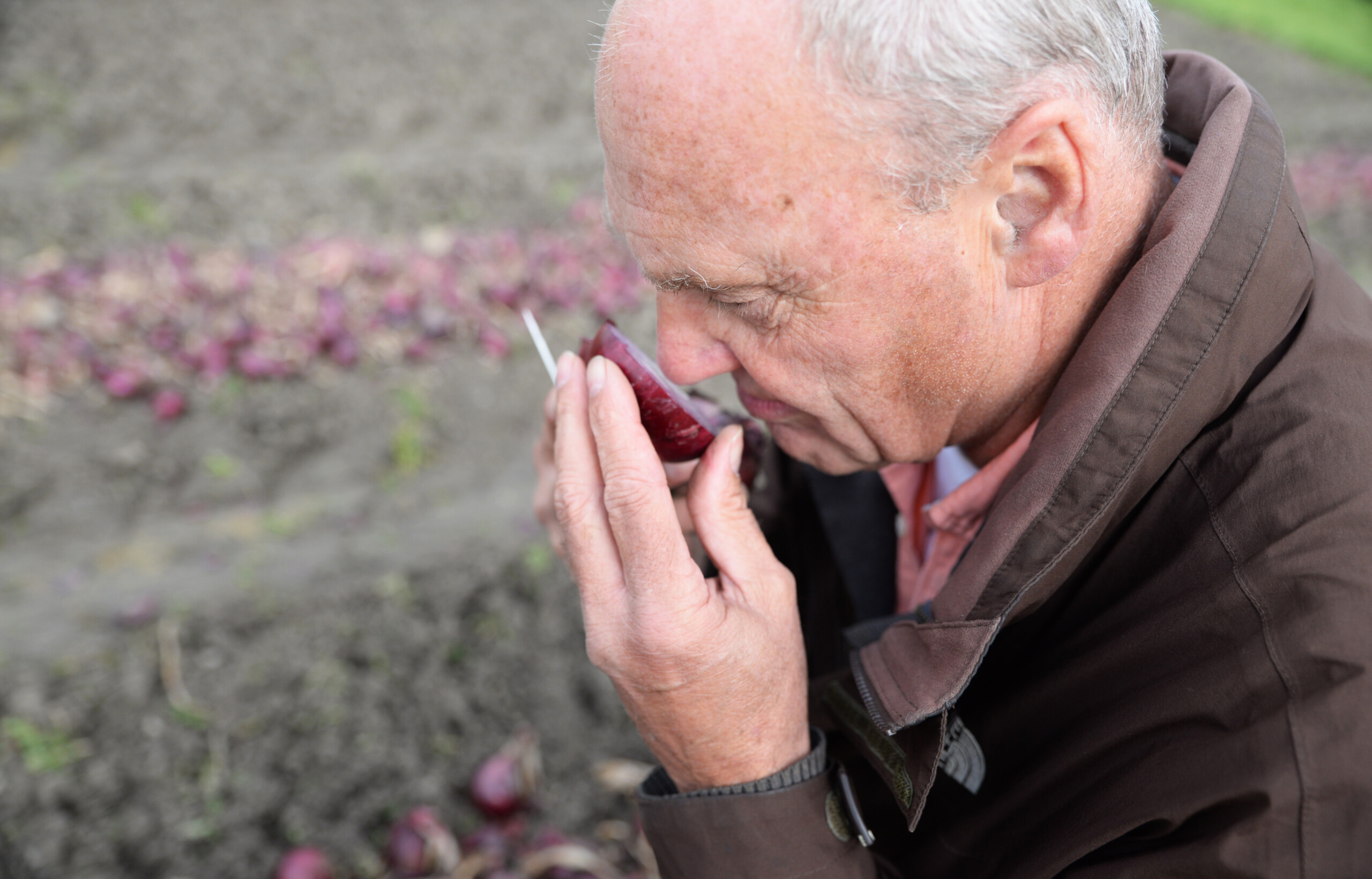
After a career spanning nearly 40 years, there are of course many projects to look back on. Wim is especially proud of the development of firmness in Hazera onions. He explains that Hazera was one of the first companies to purchase a firmness tester. “Every onion from every line was manually pressed to determine firmness and select the best. That project took about 15 years, but we really hit the mark with it. The Centro and Dormo varieties resulted from it.” Hazera still offers these varieties. And according to Wim, that’s likely to continue due to their unique characteristics. “Also worth mentioning,” Wim adds, “is that Hazera was one of the first to develop downy mildew resistance in onions. That was quite a breakthrough in onion breeding.” Wim has plenty more to say about onions. He enthusiastically talks about Hazera’s growth: “In the Benelux, we started with a 2 to 3% market share in onions. Thanks to the right varieties in terms of yield, firmness, sprouting tolerance and storability, we grew to almost 30%. We completely turned the market upside down.”
What does “Hazera – Growing Together” mean to you?
During the interview, Wim repeatedly emphasizes how Hazera grows as a team.
“Of course you’re never alone. We do everything together with the breeding team, the sales team, etc. We started with a 2 to 3% market share in onions. That’s nothing, right? Farmers didn’t even know us. And to turn that into almost 30%, we achieved that together.” Wim is also proud of what Hazera achieved in radish by working with the same breeders. “Stability is very important, and that’s how you achieve the best results. I had the great privilege of choosing my own people. That’s a big plus, because you always choose people who suit you and have the right background. They were truly committed. That kind of motivation really makes a difference.”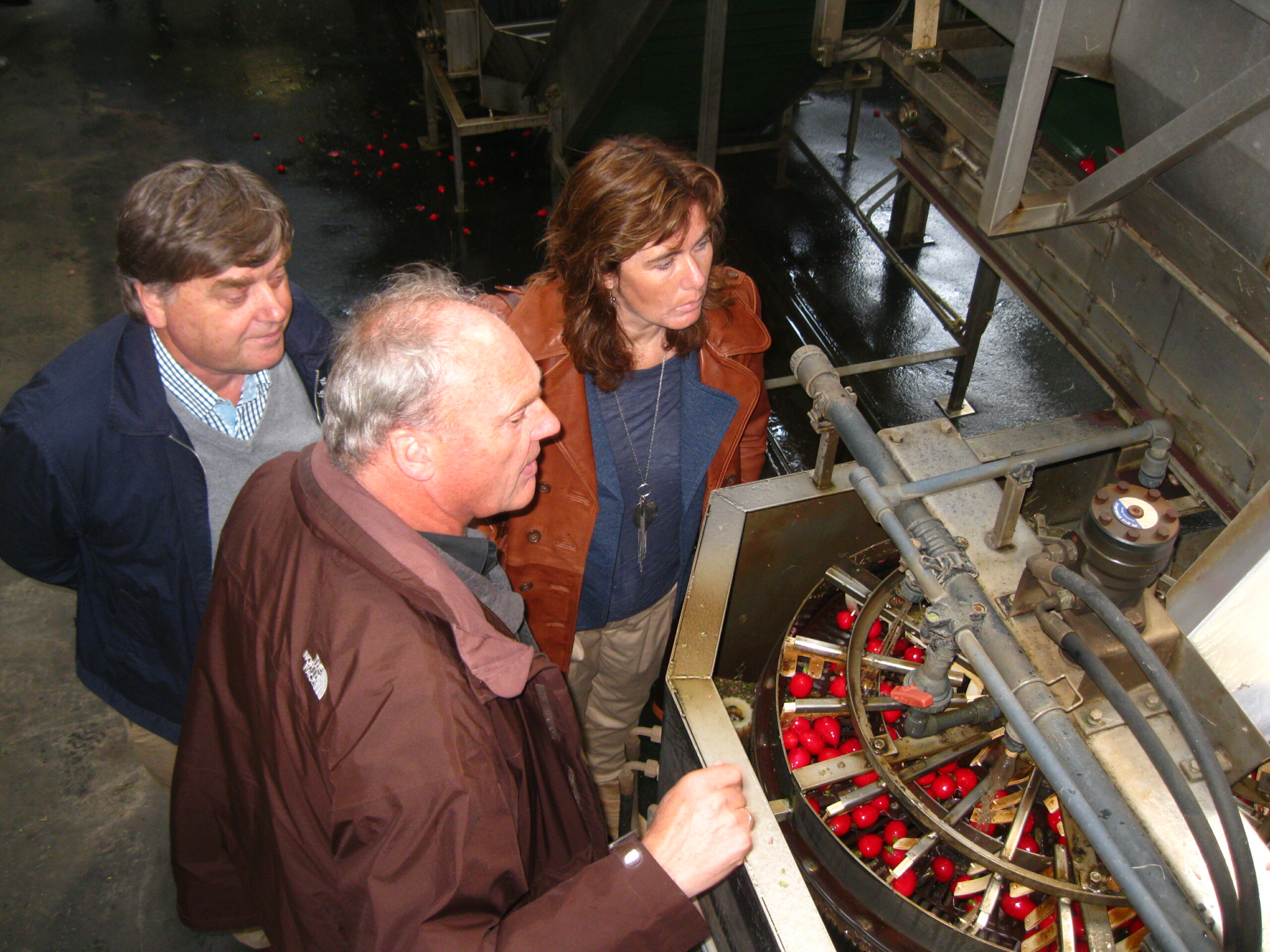
“What most of my former colleagues probably don’t know,” Wim explains, “is that I always wanted to be a farmer. That never really came up at work.” Since he didn’t come from a farming background, he worked on a farm during school to gain hands-on experience. Wim continues: “That’s where I learned the tricks of the trade. Looking back, it really laid the foundation for my role as a breeder.” Things could’ve turned out very differently though. Originally, Wim planned to go into livestock. But after a crop farming internship, he changed direction. “Yes, I loved it,” he says with a smile. “And believe it or not: I only wrote one job application, and that was to Hazera!” Except for one short detour, Wim stayed until he retired. A career to be proud of!
Do you want to stay connected with our Hazera people?
Follow us on our social media channels to stay connected with our Hazera people! If you have any questions left, don’t hesitate to ask them via our contact page!


